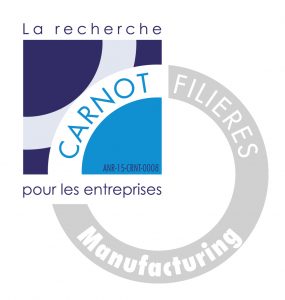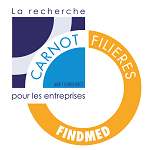Energy
A pressing issue in the 21st century, the energy challenge concerns many industrial sectors, ranging from nuclear to transport. The CBC Carnot Institute research groups help enterprises meet the energy challenge through the development of new materials and devices.
Our teams are heavily involved in the “Energy” line of research. They innovate in the design and assembly of fuel cells, in materials for electrochemical storage of energy and for energy conversion, and for the (electro)chemical production of molecular hydrogen.
We also have expertise in the conservation of resources and in biomass conversion for the production of synthetic and bio-fuels.
YOU WISH TO INNOVATE IN THE ENERGY FIELD?
Related projects
–
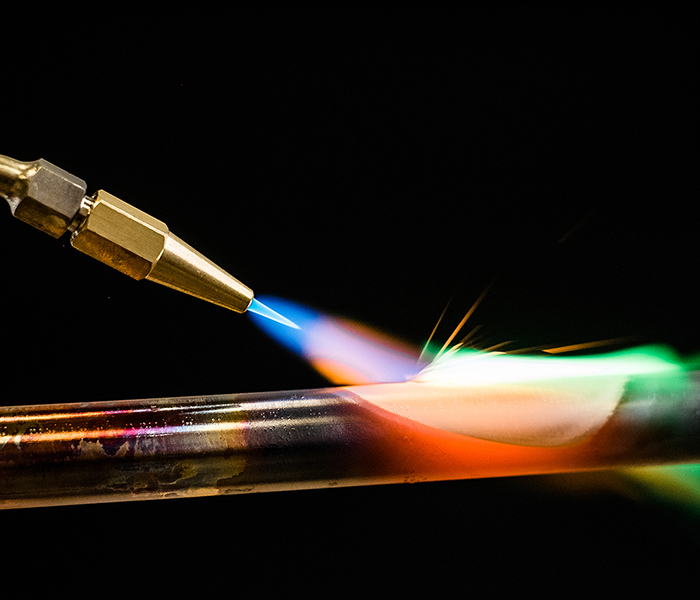
Bulane: dyomix® technology is flying high
The new generation hydrogen flame!
EXPERTISE AND
LINES OF RESEARCH
Materials and devices for energy conversion and storage
Electrochemical storage: improvement of Li+ and Na+ batteries – Supercondensors
Fuel cells: new materials and electrolytes
Photovoltaic cells: transparent conducting oxides
Thermoelectricity and piezoelectricity
Ionic conductors
Light-absorbing semi-conductors
Polymer matrix hybrid composites with electro-active properties: electric conductors, transducers
Hydrogen production by methane reforming
Hydrogen sensors
New fuels
Development of selective multifunctional catalysts
RESEARCH GROUPS
AND CONTACTS
–
Aggregates, Interfaces and Materials for Energy
–
- Nanostructuring, Materials for Energy Conversion
- Ion and Electron Transfer, Materials for Energy Storage
- Interfacial properties: mechanisms and interactions
Université de Montpellier
Place Eugène Bataillon
CC1502
34095 Montpellier Cedex 5
FRANCE
Molecular Architectures and Nanostructured Materials
–
- Molecules and Synthesis Methodology
- Nanostructured organosilicas
- Pi-conjugated Nanoarchitectures
Ecole Nationale Supérieure de Chimie de Montpellier
8, rue de l’Ecole Normale
34296 Montpellier Cedex 5
France
Macromolecular Engineering and Architectures
–
- Controlled Polymerizations
- Polymers Bearing Heteroatoms
- Polymers, Unconventional Media, Dispersed Media and Self-Assembly
- Polymers and Composites from Renewable Sources
Ecole Nationale Supérieure de Chimie de Montpellier
8, rue de l’Ecole Normale
34296 Montpellier Cedex 5
France
–
Université de Montpellier
Place Eugène Bataillon
CC1702
34095 Montpellier Cedex 5
France
Advanced Materials for Catalysis and Health
–
- Integrated Approach Textured Materials and Hybrid (ApIMaTH)
- Materials and Catalysis: Design, Theory and Method (MatCat)
- Renewable Resources in Molecules and Materials (R2M2)
- Nanostructured Materials for Health (MNaS)
ICGM – équipe MACS
8, rue de l’Ecole Normale
34296 Montpellier Cedex 5
France
Chemistry and Crystal-Chemistry of Materials
–
- Oxide materials
- Multidimensional crystals and nanostructures with multiple functionalities
Université de Montpellier
Place Eugène Bataillon
CC1506
34095 Montpellier Cedex 5
France
Design of Membrane Materials and Multifunctional Systems
–
- Thin films, nanostructured materials, porous media
- Molecular engineering and ceramic materials
- Supramolecular and adaptative nanosystems
IEM
Université de Montpellier
Case courrier 047
Place Eugène Bataillon
34095 Montpellier cedex 5
France
Membrane Process Engineering
–
- New materials and membrane processes
- Process intensification in the development of menbrane process
- Treatment of wastewater and effluents
- Depollution of gas streams
IEM
Université de Montpellier
Case courrier 047
Place Eugène Bataillon
34095 Montpellier cedex 5
France
Interfaces, Physical Chemistry and Polymers
–
- Ionic and electrochemistry
- Bioinspired Interfaces
- Advanced Macromolecular Materials
IEM
Université de Montpellier
Case courrier 047
Place Eugène Bataillon
34095 Montpellier Cedex 5
France
Nanocomposites and Carbon Nanotubes
–
- Synthesis, functionalisation and applications of carbon nanotubes, toxicity and environmental impact
- Development and characterization of of microstructured or achirecture-controlled metal or ceramic-matrix nanocomposites
- Sintering technique using Spark Plasma Sintering
Université Toulouse 3 – Paul Sabatier
Bâtiment CIRIMAT
118 Route de Narbonne
31062 Toulouse Cedex 09
France
Mechanics, Microstructure, Oxidation, Corrosion
–
- Solidification, phase transitions, solid state diffusion, mechanical behavior
- High-Temperature Oxidation and Protection
- Corrosion: aqueous corrosion, stress corrosion cracking
Université Toulouse 3 – Paul Sabatier
Bâtiment CIRIMAT
118 Route de Narbonne
31062 Toulouse Cedex 09
France
Mixed Valence Oxides
–
- Nanoparticles or micronic powders
- Solid-state or thick-layered ceramic, conventionally or SPS sintered
- RF-sputtering supported and prepared thin films
Université Toulouse 3 – Paul Sabatier
Bâtiment CIRIMAT
118 Route de Narbonne
31062 Toulouse Cedex 09
France
Polymer Physics
–
- Development of submicronic hybrid composites with electroactive properties
- Connective tissue
- Bioinspired composites
- Structural adhesion of polymers
- Ageing in complex environment
- Stress transfer: sizing for TP matrix/ carbon fiber composites
Université Toulouse 3 – Paul Sabatier
Bâtiment CIRIMAT
118 Route de Narbonne
31062 Toulouse Cedex 09
France
Coatings and Surface Treatments
–
- Synthesis and Shaping of functional materials
- Advanced surface treatments
- Characterization of elaborated coatings or transformed surfaces functional properties
- Electrochemistry and physico-chemistry of interfaces
Université Toulouse 3 – Paul Sabatier
Bâtiment CIRIMAT
118 Route de Narbonne
31062 Toulouse Cedex 09
France
Surfaces: Reactivity and Protection
–
- Implementation of CVD Processes
- Characterization of coatings using conventional and specific techniques
- Modelling of the growth stages of films
Université Toulouse 3 – Paul Sabatier
Bâtiment CIRIMAT
118 Route de Narbonne
31062 Toulouse Cedex 09
France
R&D EXPERTISE IN CHEMISTRY, MATERIALS AND PROCESSES
Oversight research institutions:
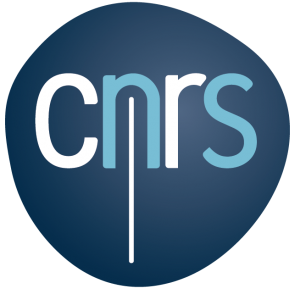
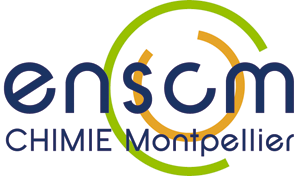

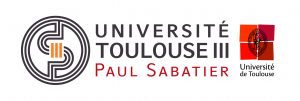
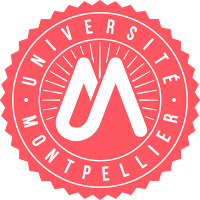
4 institutes:
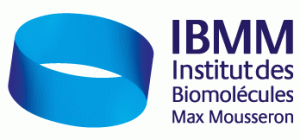
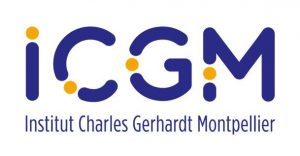
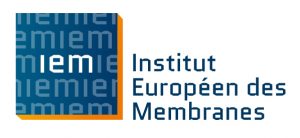
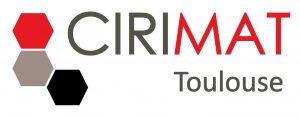
Inscrit dans les filières
d’excellence de l’Institut Carnot :
